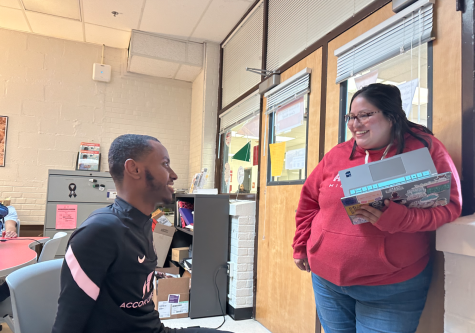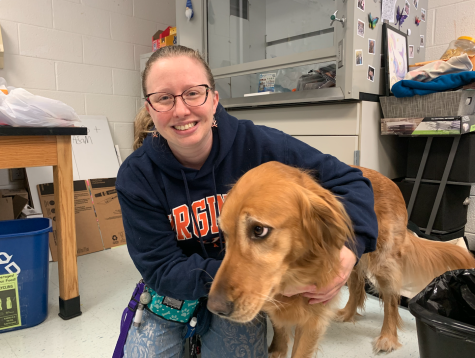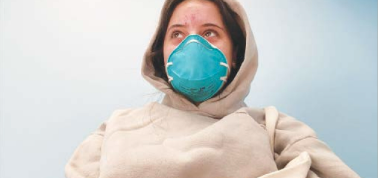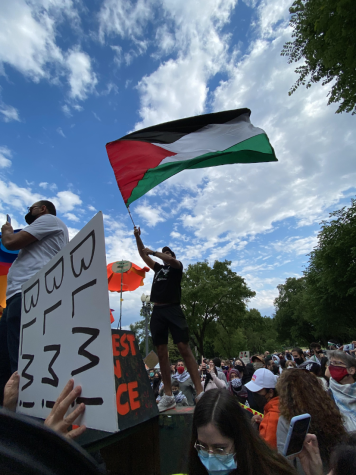FCPS prepares for virus

With the quick spread of Ebola in West African countries and with two cases here in the United States, FCPS have decided to start new precautionary screenings which only consist of asking students if they have traveled overseas, especially to the western African countries.
“If a student is enrolling in the school that has traveled to one of the west African countries that is affected and that they are returning within a 21 day period then the student will be put with the parent in a room and the public health Nuse [which is me] will be called,” Shira Jorgensen said.
The first case of Ebola took place in Texas on Oct. 10, when a nurse was taking care of a patient infected with symptoms of low fever. Days later, the nurse was tested positive with the virus of Ebola making it the first case in U.S soil. Until now, the virus has not spread any further because of the precautions that were taken immediately. .
Ebola virus disease, or Ebola hemorrhagic fever, is a fatal virus that attacks humans’systems and is followed by an extended fever and internal bleeding.
Students presenting symptoms will be called to the public clinic unit and will be asked questions about whether they have traveled outside the states.
“I will call and speak to the parent and the student and there are questions I need to ask them in regards to their travel and whether or not they’ve been ill,” Jorgensen said, “then we contact our disease unit if they are showing signs and symptoms of illness. If they are not ill then they can come and attend school ” she said.
Even though Ebola has been present in many west african countries since 1976, the virus first started to first appear in March and August of 2008, the public health emergency of international concern declared the ebola emergency.
The most affected Western African countries with the virus are Guinea, Sierra Leone and Liberia.
The most common symptoms that someone infected with the virus presents are nausea, vomiting, diarrhea and severe weight loss.
The symptoms usually start with a high fever and start to progress and have vomiting and diarrhea Jorgensen said.
Even though FCPS are only taking precautions beforehand, if someone shows up with the symptoms, the student will be immediately isolated so that student does not infect the other students that are around them.
“If a student shows up with Ebola, they will be isolated and we will be contacting our communicable disease unit and they health unit will be contacting 911 to be transported to a facility that can care for them but they will be isolated in a room that they are in will be quarantined so nobody can come and go from that room,” Jorgensen said,
The student is to remain in that quarantined room and after they leave the school risk management office will come and take care of cleaning the room properly, she said.
Students at AHS react and share their opinions on the new precautions that the school will be taking against the virus.
“I feel good about the new precautions because I know I will be safe” senior Omar Ghoramah said. “I think the screenings are a good idea because as we saw on the TV, the nurse got Ebola, and anybody could get it, so I think is important” he said.
In order to get the virus, a healthy person has to have fluid contact with someone infected with the virus or by blood transfusion and not by the air like some people think.
It’s through body fluids which means someone has to have direct contact with someone who is ill with Ebola and have that person body fluids enter to their own body,Jorgensen said.
Even though there is still no cure to the virus, there are certain precautions that can be taken in order to prevent the virus from attacking people’s bodies.
Washing your hands constantly, avoiding areas that are known with outbreaks, avoiding bush meat and contact with people that present some symptoms are some of the precautions that will help people from getting the virus.

Nancy Evora is a senior and this is her fourth year in the staff. Her first year she was a staff writer, second year she was the Health Editor, junior...













